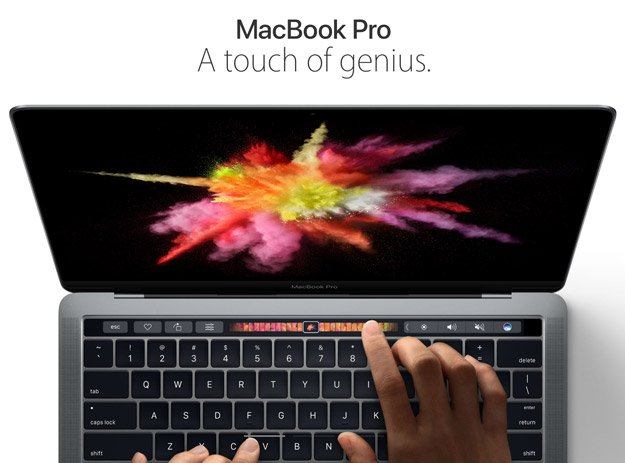Consumer Reports Now Recommends MacBook Pro After Apple Fixes macOS Safari Bug

Apple and Consumer Reports decided to put their heads together to find the source of the battery life inconsistencies, and it was determined that a bug in the developer setting that the publication was using -- to disable Safari cache -- was causing the problems. Apple has since fixed the bug in the latest developer release of macOS (10.12.3 beta), so Consumer Reports felt that it was time to give the notebooks a thumbs up.

“With the updated software, the three MacBook Pros in our labs all performed well, with one model running 18.75 hours on a charge,” wrote Consumer Reports. “We tested each model multiple times using the new software, following the same protocol we apply to hundreds of laptops every year.”
It should be noted that the publication in no way changed its testing methodology, which involves disabling a web browser’s cache to better reflect real-world testing. Now that the Safari bug has been patched, the testers were able to achieve more reliable results, with even the laggard of the bunch, the 13-inch MacBook Pro with Touch Bar, delivering an impressive 15.75 hours of battery life.

“Now that we’ve factored in the new battery-life measurements, the laptops’ overall scores have risen, and all three machines now fall well within the recommended range in Consumer Reports ratings.”
It should be noted that while Apple’s software fix affects MacBook Pro battery life when disabling cache in Safari, it should not impact regular consumers who probably weren’t even aware of the setting. And real world battery life is likely to vary greatly from a lab setting, so your mileage may vary.

